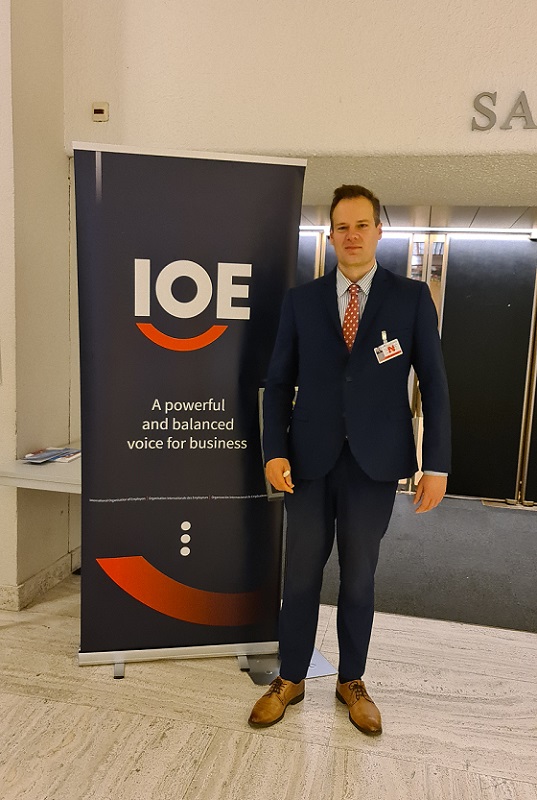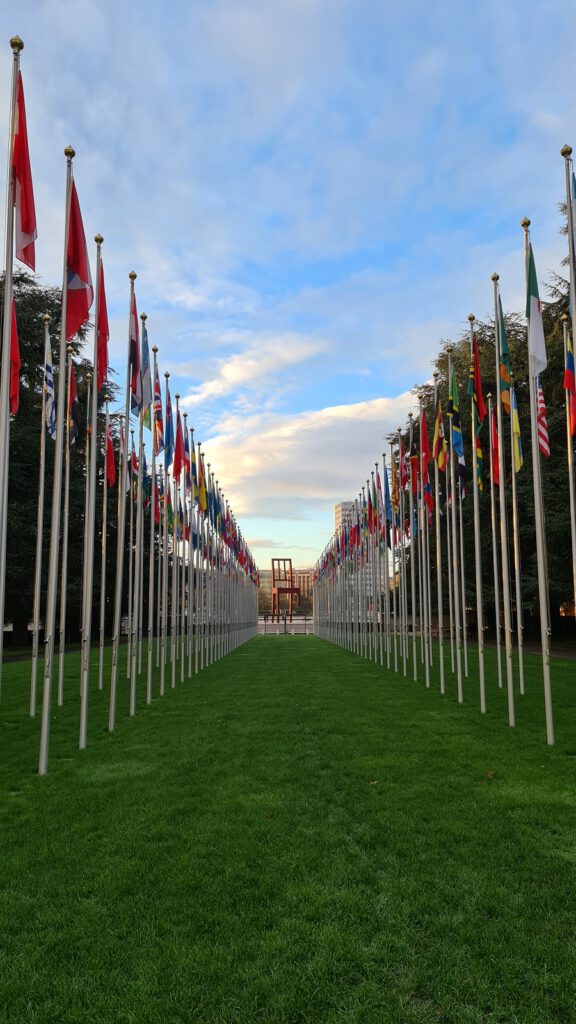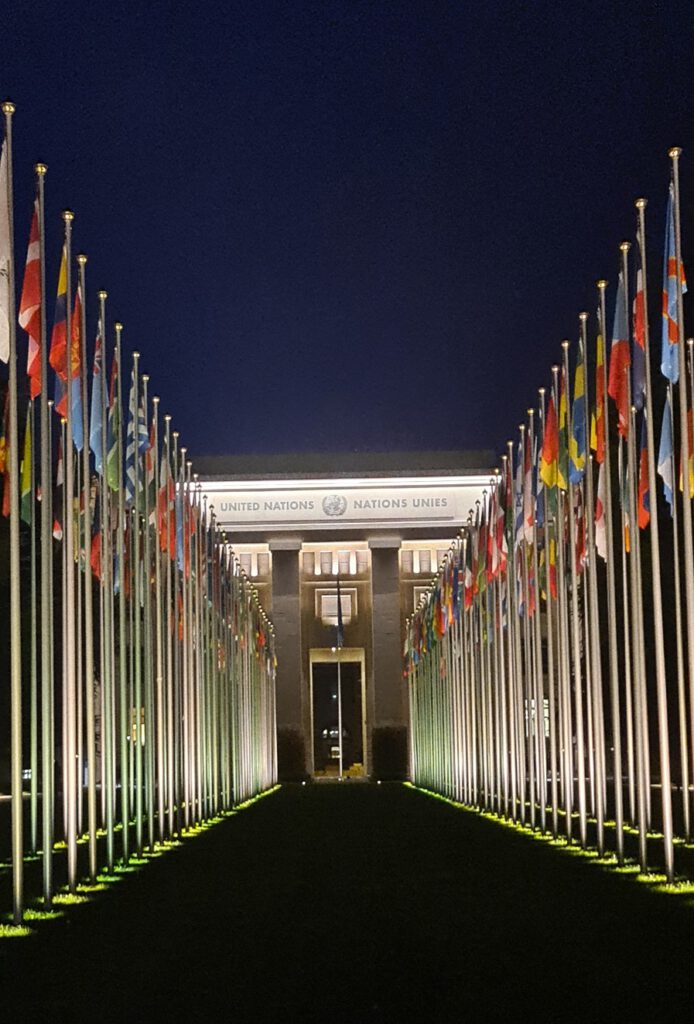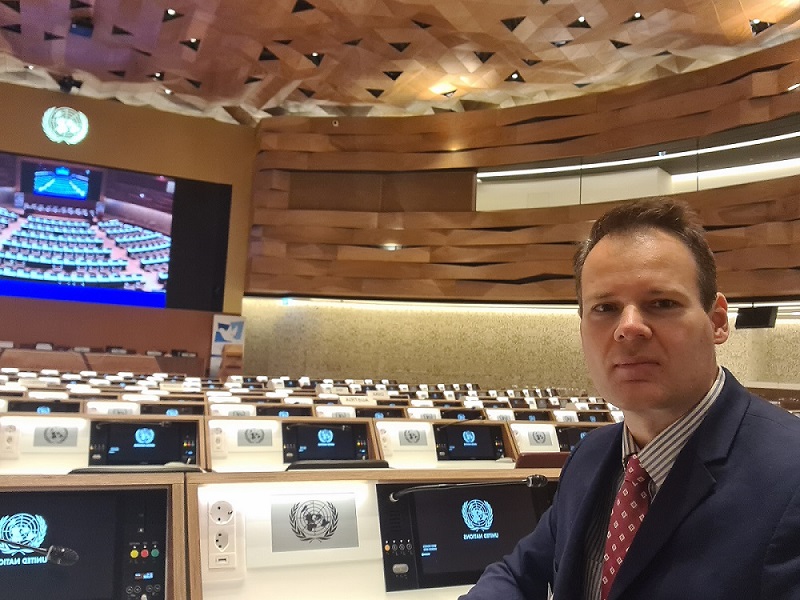On 25 November 2022, Mr. Jeroen Zandberg participated in the United Nations Forum on Human Rights, Democracy and the Rule of Law, which took place in Geneva, Switzerland and made contributions to panel 4. Strengthening safeguards against future crises: inspiring examples to drive change.
According to the program “This panel discussion will focus on specific tools, best practices and new initiatives that are aimed at strengthening democratic safeguards, while improving preparedness for future crises. Participants will assess the benefits and the risks for democracies of accelerated digital transformation and discuss best practices that are compliant with international human rights standards. The discussion will also cover the ways to enhance social protection systems in order to strengthen the resilience of societies against future shocks.”
Mr. Jeroen Zandberg made the following speech:
The digital age transforms the underlying principles of political authority. It is no longer the individual alone who makes rational decisions that shape society. Instead, it is Big Data and Artificial Intelligence, AI, that determines many, if not most, of the important decision-making. Some examples are the planning of public transport and trading at the stock market that need digital intelligence to operate correctly. Without the ability to use Artificial Intelligence people cannot be rational, democratic citizens.
Due to the abundance of digital data and computing power, AI is able to deliver solutions to problems in seconds, which all of humanity would be unable to solve in a thousand years. It also provides answers to questions people are afraid to ask and are unable to see.
This blindness is in part due to the fact that people lack the ability to see an objective reality. Instead, they see their personal situation superimposed on the world. A narrow perspective on the world has always been a problem for some people, but digital tools take advantage of this tendency by locking people in filter bubbles where facts are replaced by opinions only shared by those inside the bubble. Since similarity attracts and opposites collide, genuine conversation between people with divergent interests becomes illusionary, and with it representative democracy.
However, the same persuasive technologies that facilitate isolation into small communities also enables the creation of a global connected network. Herein lies our responsibility to embed digital technology into a democratic framework.
AI can predict and follow where and how protest and dissent will occur.
With a dataset of just 300 social media likes, AI knows a person better than he knows himself.
AI can also detect peoples’ sexual orientation with greater than 90 percent accuracy by analyzing just a handful of neutral, publicly available pictures.
In the wrong, undemocratic, hands these digital tools can be dangerous.
In conclusion, we should not outsource our moral framework to digital tools and ensure people don’t get isolated from others and make sure that everyone keeps access to AI decision-making tools in order to be able to participate in rational decision-making.
Thank you,
Jeroen Zandberg



